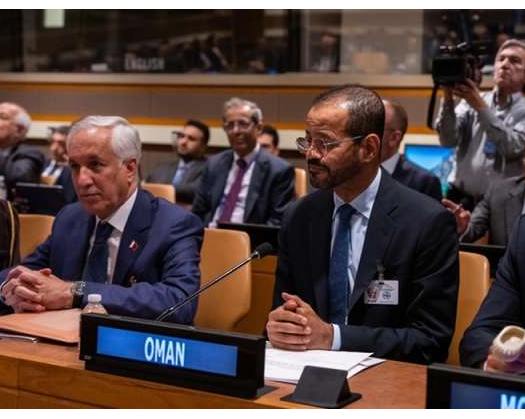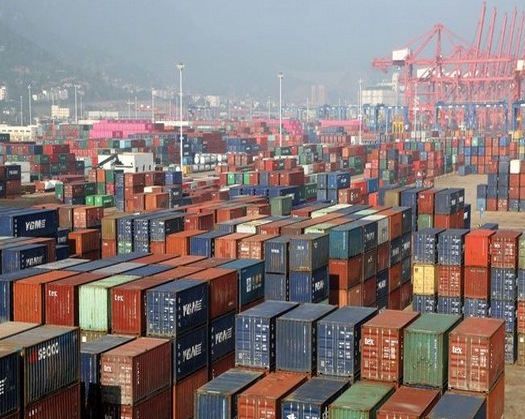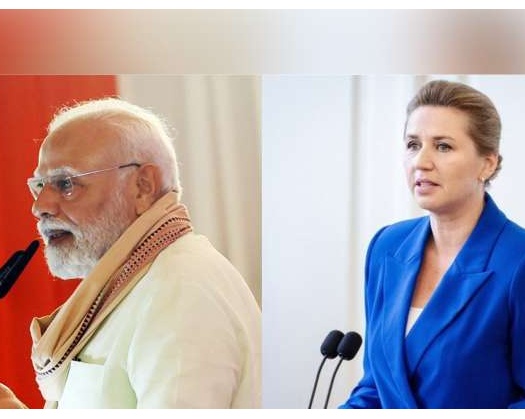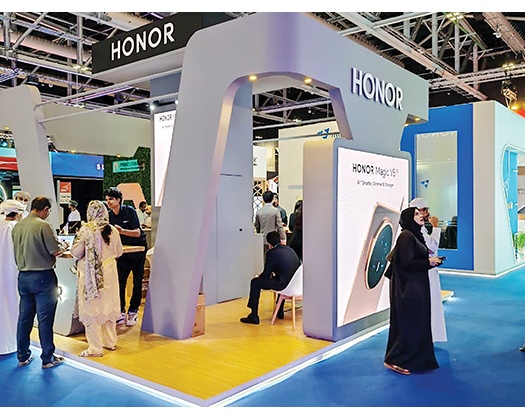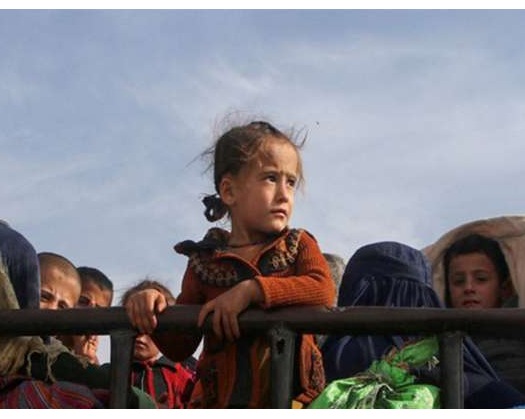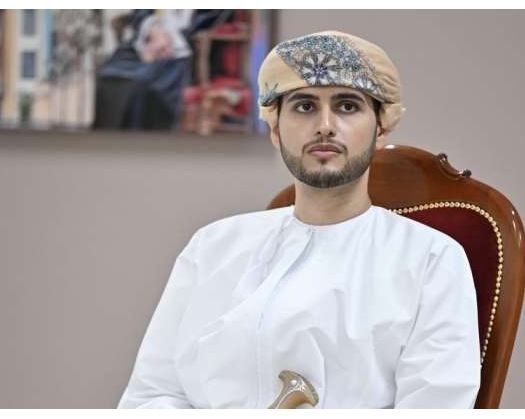New York: Today, Sayyid Badr Hamad Al Busaidi, the Foreign Minister of New York, participated in the Arab Ministerial Consultative Meeting, which took place concurrently with the 79th session of the United Nations General Assembly. This gathering focused on the latest developments in the region and the shared challenges faced by member states. It underscored the necessity of unifying Arab efforts and strengthening collaborative initiatives to address ongoing crises, particularly in the context of the Palestinian cause.
During the meeting, the ministers reaffirmed their steadfast support for the rights of the Palestinian people and the imperative of achieving a just and comprehensive resolution. This resolution should ensure the establishment of an independent Palestinian state along the 1967 borders, with East Jerusalem (Al Quds Al Sharqiyah) serving as its capital.
Furthermore, the ministers reiterated their call for the international community to fulfill its obligations and to intensify efforts towards the immediate implementation of a ceasefire in Gaza and the cessation of Israeli aggression.
In addition to these discussions, Sayyid Badr engaged in bilateral meetings. Notably, Mohamed Muizzu, the President of the Republic of Maldives, was received by Foreign Minister Sayyid Badr Hamad Al Busaidi on the sidelines of the 79th session of the United Nations General Assembly.
During their meeting, Sayyid Badr conveyed the greetings and best wishes of His Majesty Sultan Haitham bin Tarik to President of the Republic of Maldives, along with His Majesty’s wishes for continued growth and prosperity for the people of the Maldives.
The President of the Republic of Maldives requested that Sayyid Badr convey His Majesty the Sultan’s greetings and express His Majesty’s sincere wishes for His Majesty and the people of Oman. He expressed his hope for the further development and strengthening of relations between the two countries.
The agenda of the meeting also included discussions on ways to enhance bilateral relations across various sectors such as tourism, environment, and sustainable development. It placed a particular emphasis on the means to boost commercial exchanges, foster economic cooperation, and explore new investment opportunities, especially in the marine and environmental sectors.
The two delegations also deliberated on shared challenges related to climate change and strategies to consolidate cooperation in this critical area. They highlighted the importance of joint efforts to protect natural resources and exchanged views on regional and international issues of mutual interest.
Sayyid Badr engaged in a bilateral meeting with Ivan Gil Pinto, the Minister of Foreign Affairs of the Bolivarian Republic of Venezuela. During their meeting, the two ministers signed a memorandum of understanding (MoU) to facilitate political consultations aimed at enhancing coordination on bilateral, regional, and international issues of mutual interest.
Furthermore, an agreement was also signed, conferring mutual exemption from visas upon holders of diplomatic, special, and service passports. During the course of their discussions, the ministers deliberated on bilateral relations and explored avenues to augment economic and trade cooperation between their nations. They emphasized the significance of venturing into new domains of partnership within sectors of promise and exchanged perspectives on regional and international issues of mutual concern.
Subsequently, Sayyid Badr engaged in a meeting with Alice Nderitu, the Special Representative of the Secretary-General for the Prevention of Genocide. In the dialogue, they addressed the dire situation prevailing in the Gaza Strip and voiced their profound concern regarding the escalating violence and civilian casualties, particularly at a juncture when the international community appears to be ineffective in halting the aggression and violation of international law.
Additionally, the discussions encompassed strategies to bolster efforts in protecting global populations from grave violations. They deliberated on methods to provide the urgently required support to the Palestinian populace, who continue to face significant challenges.
The dialogue also included deliberations on strategies to enhance international efforts against hate speech and incitement.
In another engagement, Sayyid Badr met with Deemah Al Yahya, the Secretary-General of the Digital Cooperation Organization. During this meeting, the Sultanate of Oman's cooperation with the Organization was reviewed, and discussions centered on projects aimed at bolstering digital diplomacy and the development of digital skills and capacities within the framework of the digital economy, artificial intelligence (AI), and sustainable development.
Furthermore, during his visit, Xavier Bettel, the Deputy Prime Minister and Minister of Foreign Affairs and European Affairs of Luxembourg, met with the Minister of Foreign Affairs. In this meeting, the bilateral relations between the Sultanate of Oman and Luxembourg were reviewed, with a focus on ways to further enhance cooperation across various sectors, particularly in economic and investment cooperation.
Concurrently, the Sultanate of Oman and Hungary formalized their collaboration through an executive program in the field of higher education. This program was signed by Sayyid Badr and Péter Szijjártó, the Minister of Foreign Affairs of Hungary.
Moreover, the Sultanate of Oman and the Republic of Bulgaria formalized their partnership through a memorandum of understanding (MoU) aimed at facilitating political consultations to further bilateral relations and an agreement on mutual visa exemption for holders of diplomatic, special, and service passports.
The Memorandum of Understanding (MoU) was formally executed by Sayyid Badr, the Minister of Foreign Affairs of the Republic of Bulgaria, alongside Ivan Kondov. During their discussion, the two ministers deliberated on regional and international developments of mutual interest.
In a subsequent meeting, Sayyid Badr engaged in a dialogue with Hans Grundberg, the UN Special Envoy for Yemen, to review the latest developments within the Yemeni context. They discussed the international and regional initiatives undertaken to foster peace and stability in Yemen, emphasizing the importance of supporting efforts towards a comprehensive political resolution that would ensure a future characterized by security, stability, and harmony for the Yemeni populace.
Following this, Sayyid Badr convened with Dr. Badr Abdel Aati, the Minister of Foreign Affairs of the Arab Republic of Egypt. The meeting was marked by a reaffirmation of the strong bilateral relations between Oman and Egypt, with a mutual commitment to further develop and diversify cooperation across various critical sectors to yield greater benefits for the respective populations.
During their review of the agenda for the current session of the United Nations General Assembly, Sayyid Badr and Dr. Badr Abdel Aati exchanged insights on regional developments, with a particular focus on the Palestinian issue and efforts towards achieving justice, alleviating the suffering of the Palestinian people, and realizing their aspirations for independence and freedom.
Sayyid Badr highlighted the critical role of Egypt in supporting the Arab cause, while the Egyptian Minister of Foreign Affairs commended Oman's foreign policy, noting its wisdom and peaceful, constructive stances at both regional and international levels. He underscored the necessity to enhance coordination of Arab positions, bolster peaceful solutions, and halt any escalation of military activities in the region.
In a separate engagement, Sayyid Badr met with Bakhtiyor Saidov, the Minister of Foreign Affairs of the Republic of Uzbekistan, to explore avenues for enhancing cooperation between Oman and Uzbekistan across economic, trade, and cultural sectors. The discussions also covered prospects for collaboration in the investment domain, with a particular emphasis on renewable energy and technology sectors. Additionally, the two sides exchanged perspectives on regional and international issues of mutual concern.

